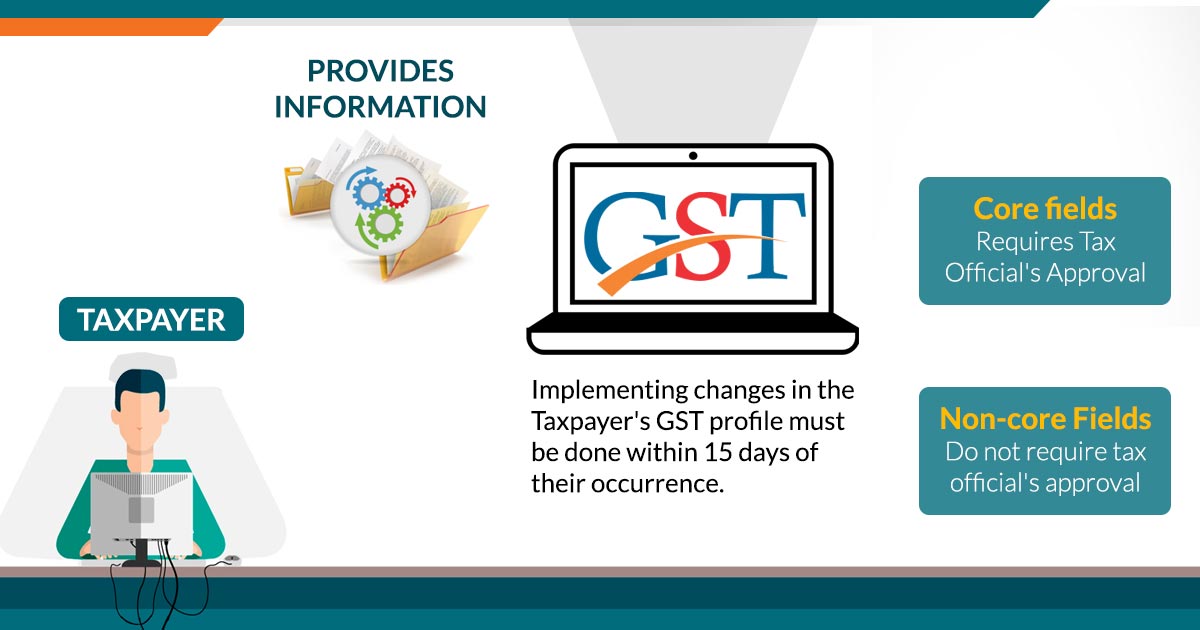Leading Rated Best GST Registration Services in Singapore for 2024
Leading Rated Best GST Registration Services in Singapore for 2024
Blog Article
From Begin to End Up: The Ultimate Roadmap to GST Enrollment for Businesses Looking For Financial Stability
Navigating the intricacies of Product and Services Tax (GST) enrollment is an important action for businesses pursuing monetary stability. From understanding the fundamental concepts of GST to adhering to post-registration standards, the procedure can seem intimidating at first glance. However, breaking down the roadmap into workable steps can streamline the registration journey for businesses aiming to enhance their monetary standing. Allow's check out the essential parts that compose this ultimate roadmap and find exactly how each stage adds to laying a strong foundation for monetary success.
Understanding GST Essentials
Exploring the basic principles of Product and Provider Tax (GST) is essential for getting a comprehensive understanding of its implications on companies and the economy. GST is a value-added tax obligation levied on a lot of goods and solutions for residential consumption. It has changed several indirect tax obligations that existed in the pre-GST age, enhancing the tax obligation structure and enhancing convenience of doing service in India. Under the GST system, both solutions and goods are taxed at a specific rate, which is identified based on their classification. If their annual turnover surpasses the threshold restriction established by the government, organizations are required to register for GST. Input Tax Credit Score (ITC) is a considerable feature of GST, allowing services to assert debt for tax obligations paid on inputs, minimizing the total tax concern. Recognizing the fundamentals of GST is vital for services to follow tax regulations, handle their financial resources effectively, and add to the nation's financial growth by taking part in a clear tax system.
Eligibility Criteria for Registration
As of the current guidelines, the threshold restriction for GST registration is an annual aggregate turnover of 40 lakhs for companies operating within a state, other than for special classification states where the limit is 20 lakhs. In addition, certain businesses are called for to sign up for GST irrespective of their turnover, such as interstate suppliers, informal taxed individuals, and businesses responsible to pay tax obligation under the reverse charge system. It is crucial for organizations to extensively examine their turn over and purchase types to identify their GST enrollment obligations accurately.
Documents Needed for Enrollment
Having actually fulfilled the qualification criteria for GST enrollment, organizations must now guarantee they have the requisite papers in position to wage the enrollment process successfully. The documents needed for GST enrollment typically consist of proof of service constitution, such as partnership action, enrollment certification, or unification certificate for different sorts of companies. Furthermore, services require to supply go to the website documents developing the primary workplace, such as a rental arrangement or electrical energy expense. Frying pan card of the service, as well as the identification and address proof of promoters/partners/directors, are vital for confirmation functions. Savings account declarations, along with canceled cheques or a copy of the financial institution passbook, are needed to confirm the financial information offered throughout registration. Moreover, organizations need to have digital trademarks all set for the licensed signatory. Making certain all these papers are arranged and conveniently available will accelerate the GST enrollment process, allowing organizations to follow tax obligation laws seamlessly.
Step-by-Step Enrollment Process
Beginning the GST enrollment procedure includes a collection of structured steps to make sure a smooth and certified enrollment for businesses. The very first step is to see the GST portal and fill up out the enrollment type with accurate details websites of business entity. Following this, the candidate obtains a Temporary Recommendation Number (TRN) which is used to resume the application process if it's not completed in one go.
Following, all called for records as per the checklist supplied by the GST portal demand to be submitted. These files generally consist of proof of service enrollment, identity and address proofs of marketers, economic declarations, and business entity's PAN card.

Post-Registration Conformity Standards

Verdict
In verdict, businesses looking for monetary security has to comprehend the fundamentals of GST, fulfill qualification requirements, collect necessary documents, follow the step-by-step registration procedure, and adhere to post-registration standards - Best GST registration services in Singapore. By sticking to these steps, services can make sure conformity with tax guidelines and keep economic security in the future
Furthermore, specific companies are called for to sign up for GST irrespective of their turnover, such as interstate distributors, laid-back taxed individuals, and businesses responsible to pay tax obligation under the reverse charge mechanism.Having actually satisfied the eligibility requirements for GST registration, companies have to currently ensure they have the requisite files in place to proceed with read the full info here the registration procedure effectively. The papers required for GST registration normally consist of proof of business constitution, such as partnership deed, enrollment certification, or incorporation certificate for different types of companies. Additionally, businesses require to provide documents establishing the principal place of organization, such as a rental agreement or electricity expense.Beginning the GST enrollment process includes a series of structured steps to guarantee a seamless and compliant registration for organizations.
Report this page